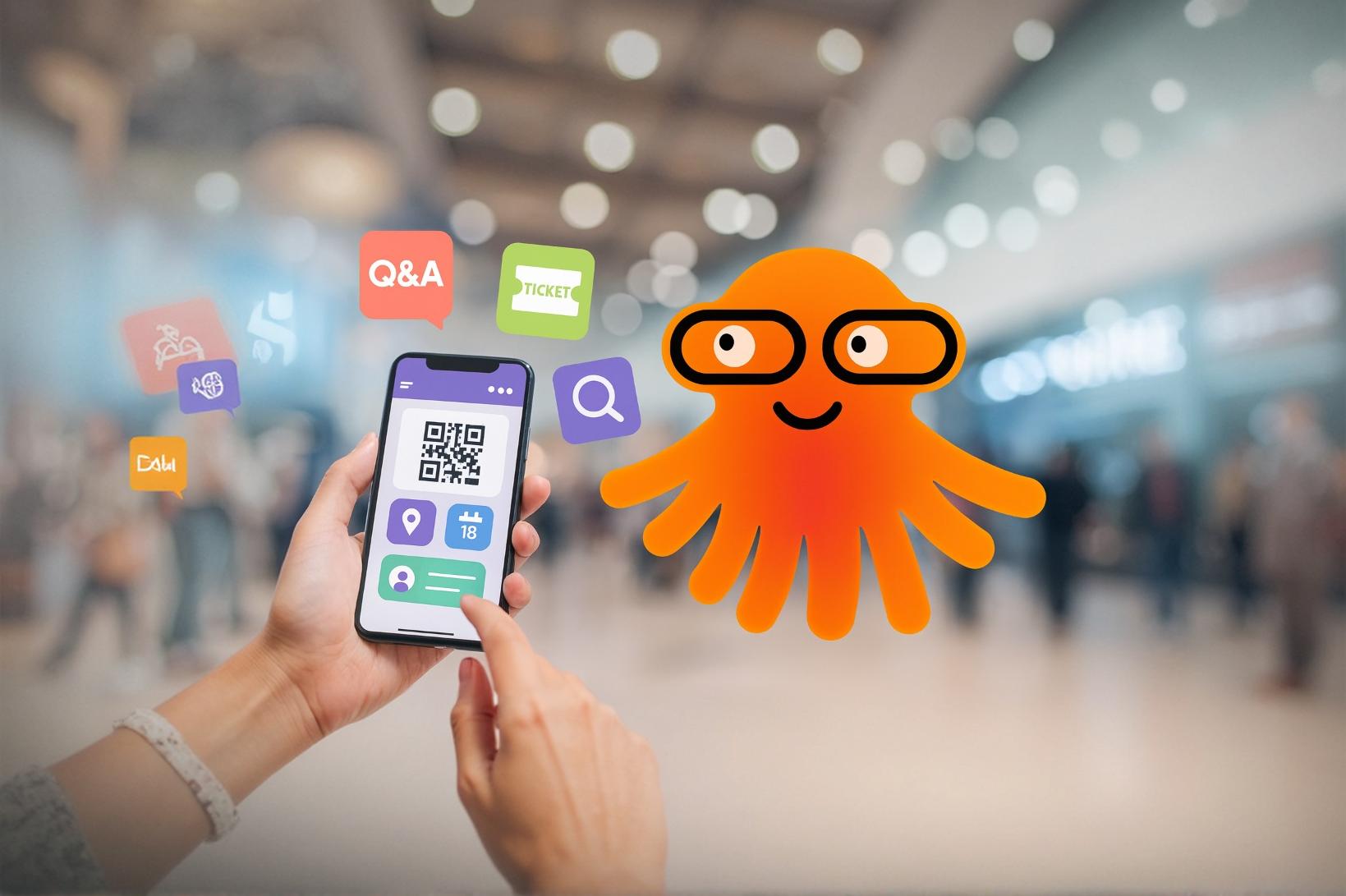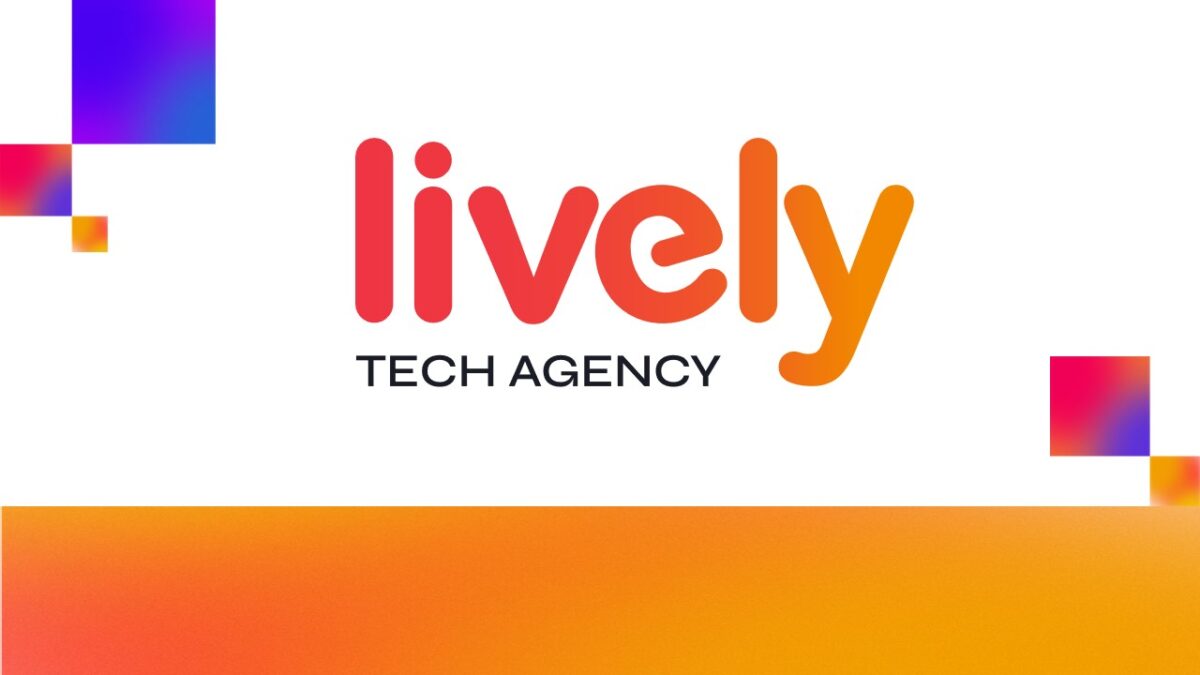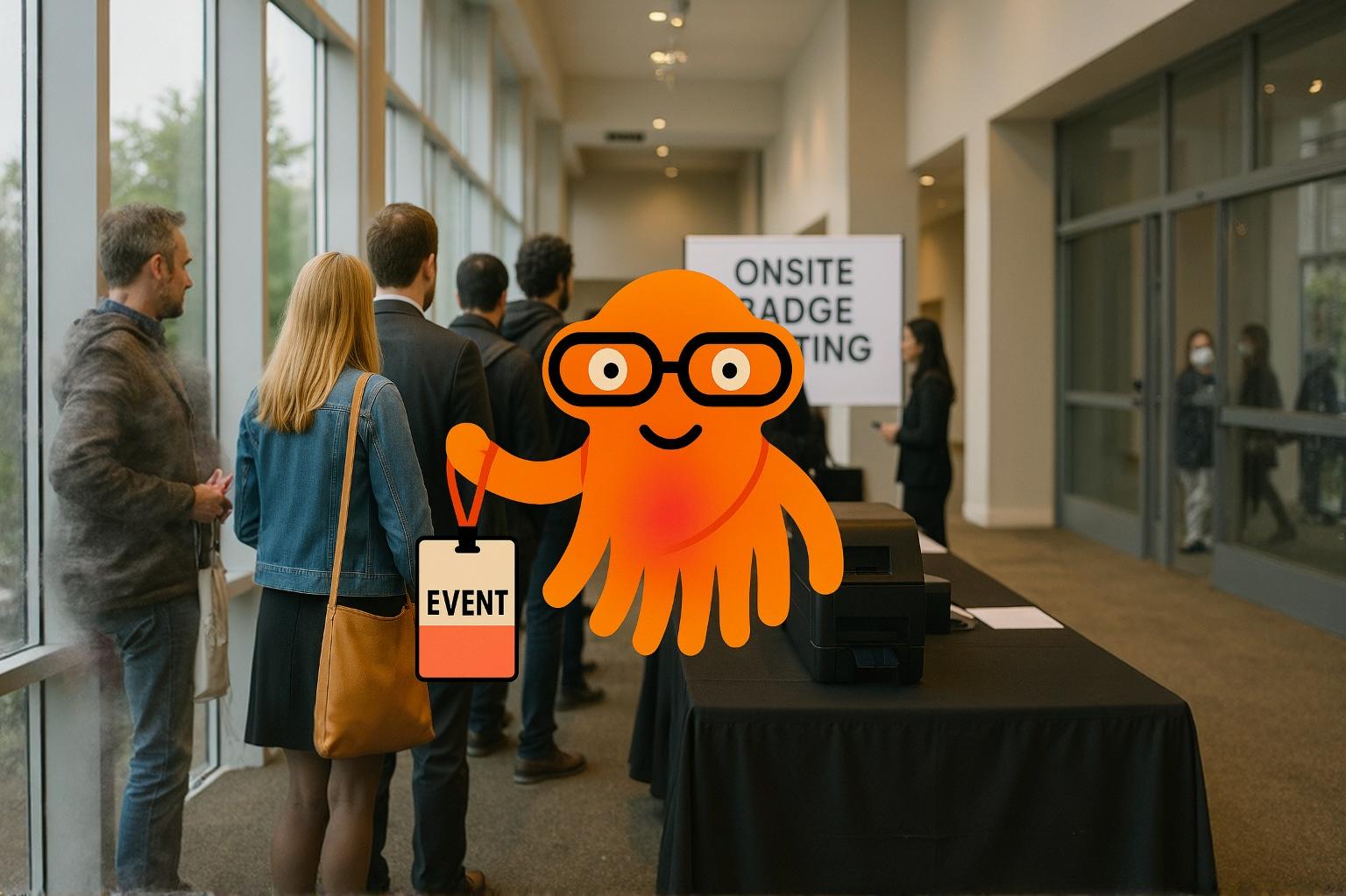The 10 most common mistakes in event registration by marketers

Attracting attendees to your event is one thing. Did you convince them with inspiring content, impressive speakers and a relevant guest list? Then things should not go wrong when registering. Smooth participant registration increasingly depends on the technology or tool behind it. Choosing, setting up and testing registration software is a crucial part of your event planning. But in addition to the software you use, there are also several do's and don'ts for the registration process. We share with you the most common mistakes when it comes to event registration.
1. An unnecessarily complex basic registration
Let's start with the basics: the time to register. The initial registration requires a smooth process, where you ask visitors and exhibitors for a basic registration for your event. It's tempting to use this moment to gather as much interesting data as possible. But would you like to ask for a lot of information at the first registration time? This is counterproductive and raises the threshold. As an event organizer, you want to convince people and convince them with a simple registration. Therefore, first only ask for the necessary basic information, such as name, company name and email address. This way, you are assured of registration. You can ask for any further information such as preferences, networking moments and sessions step by step in the contact moments that follow.
2. Unclear privacy policy & lead sharing
When organizing and registering events, you have to deal with personal data. Data is distributed beforehand, but also during the sessions and on the show floor. Under the General Data Protection Regulation (AVG), there are rules for storing and distributing personal data. If you work with scannable badges for visitors, you are obliged to indicate what happens to the data prior to the event. Is it for a one-off marketing campaign, or is the data stored longer? How is data shared with exhibitors when they scan a badge? Transparency about your privacy policy ensures clarity among visitors and exhibitors.
So make the privacy policy really part of the registration process. Not only in the form of a hidden link that nobody clicks on, but, for example, with a brief summary of what happens to the data.
3. Don't optimize based on data in your marketing campaigns
You want to organize the promotion and marketing around events as smartly as possible. As an event marketer, you therefore want to know which campaigns produce the most results. You want to achieve conversions in the form of registration or ticket sales. With real-time campaign optimization based on conversions, you can increase the return on your marketing actions. For example, put an online tool like Google Enhanced Ecommerce in. With this Tag Manager plugin, you can easily see which visitors convert or have added a ticket to their shopping cart. You can then use this data in real time to allocate budgets into campaigns. This implementation is free, so it's a shame to miss this opportunity!
4. No clear option to unsubscribe
Whether you're hosting a free event or a paid event, you want to host as many guests as possible. But at an event, you always have to deal with no-show or cancellations. Especially during free events. Therefore, make sure that you always offer an unsubscribe option in the email communication to registered guests. The advantages of this are: an organized database, loyal visitors, lower no-show and thus a reduction in waste at events. Of course, you don't want to throw food away!
5. Don't use the momentum of going live
A common mistake that we often see is wanting to recruit visitors too early. You might recognize it: you've set a date and created a global program, time to send out invitations! Or not... This does not lead to more registrations or turnover. You choose the momentum of going live carefully: you thereby create urgency and exclusivity and prevent procrastination. After all, your potential guests are not busy with your event at all so far in advance. You want to carefully plan communication and contact moments around events and distribute them in a targeted manner. If you give visitors and exhibitors plenty of time to register, they will often wait to actually register. Even an early bird strategy only works if you choose a suitable time to go live. Use your momentum and keep a grip on your applications.
6. Missing mobile optimization
Your target group can sign up for your event anytime, anywhere. Registration is no longer only done via the desktop, but also on the tablet and smartphone. Help visitors complete an online form as quickly and easily as possible. There are many different mobile screen sizes to consider. In addition to creating a responsive form, it's also smart to accelerate mobile registrations. For example, only choose the necessary fields on mobile: shorten steps or omit questions. Based on the device, you can set which parts of the web page are visible. This contributes to user-friendliness.
7. Uncertainty about tickets & prices
When selling tickets for your event, transparency is very important. What exactly do I get when I pay for this? Clearly communicate what the various tickets include and what the costs are for visitors and exhibitors. We therefore always recommend creating a clear comparison table that shows the differences by ticket type. This way, the target group immediately knows the value of the tickets and which one suits them best. Event tech, such as apps and networking tools, contribute to that value. So be sure to include this in the different ticket ranks that you offer. Are you choosing a more expensive ticket? Then, for example, you get more options in the event app. Communicate the benefits and offer extra value.
In addition, be clear about when certain discounts expire or how many tickets are still available at a certain rate. That way, visitors know where they stand.
8. Not using an authoritative domain name
In the invitation process and your online profiling, you want to create trust. You do this, among other things, with a trusted domain name. Visitors land here for registration, more information about the event, speakers, program and more. It is therefore advisable to use an existing domain so that registration and event information is in a recognizable style for visitors.
But an existing domain is not only important for recognisability. You're going to send email communications about your event and you're probably doing that to large lists of email addresses. To deliverability To enlarge your emails, it's smart to mail from a domain that exists longer and has a history. New domains can be seen as spam and blacklisted more quickly.
9. No clear cancellation policy
Of course, cancellations also occur in the world of events. It is often decided not to oppose this and someone can be a no-show at the event without a message. You want to prevent that. For example, charge a cancellation fee to minimize no-shows. Event organizers would do well to set up a clear cancellation and refund policy. Not only for efficiency, but especially to give potential participants insight into what happens in case of cancellations. For example, two months in advance, they may not know if they will be able to attend on the day of your event, but they would like to register. An unclear cancellation policy can therefore be a deterrent.
10. Thoughtless follow-up
Your event is probably not an isolated action: it is part of a larger marketing plan. Every moment of contact with your target group is one that you should make full use of. Therefore, think carefully about what actions take place after (pre) registration and set expectations among your target group. Make use of email updates, an event app or other tooling. For example: teasers of the program and speakers, networking moments in the app or highlights exhibitors.
It is also important to follow up on your participants after the actual event. You should already have a plan for this prior to your event, during registration. For example, send your visitors a special early bird discount for the next year or an evaluation afterwards. With good preparation, you can set up all of this automatically. This saves a lot of thought afterwards and so you can stay top-of-mind with your visitors.
Event tech applications offer countless options for achieving your goals, an optimal visitor experience and a smarter, sustainable organization of events. As an event tech agency, Lively specializes in bringing technology together to take your event to the next level. Have a chat or are you curious about the possibilities? Then contact us and be inspired by the possibilities!





.png)



.png)





%20(1).png)

.png)













